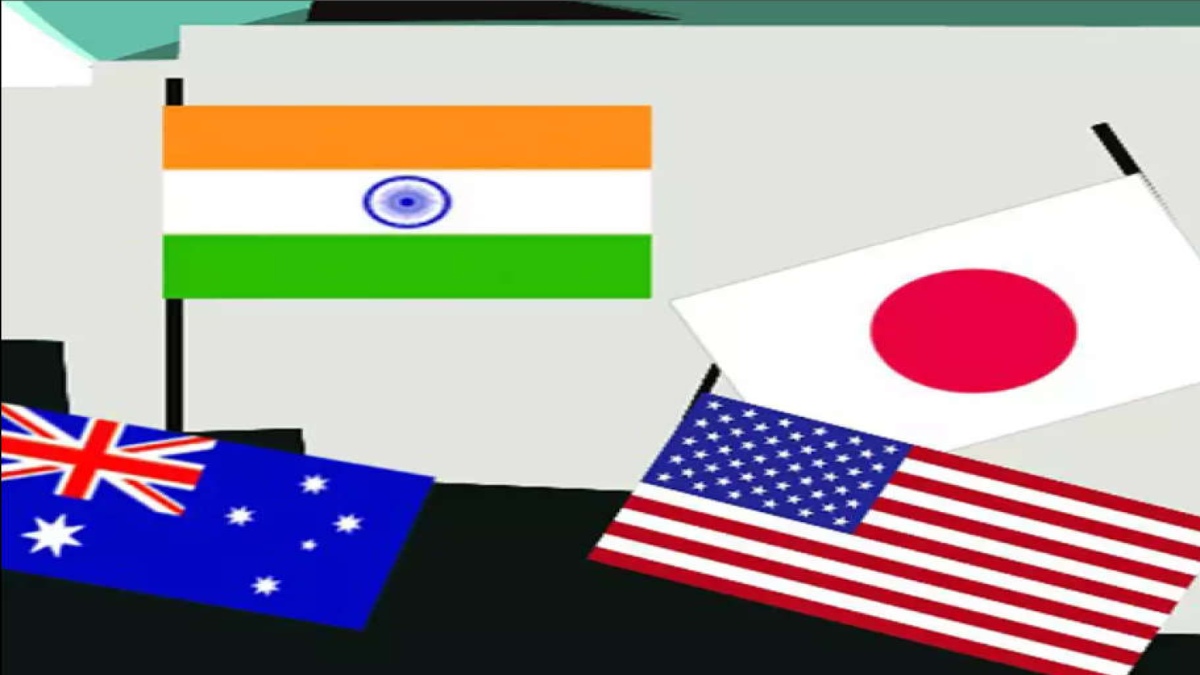


A “peace conference” for Afghanistan is scheduled to be held in Moscow on 18 March from where India has been elbowed out by “friend for life”, Russia. This was done apparently at the insistence of Pakistan and its “iron brother” China. Russia has invited “stakeholders” such as the Taliban, Russia, United States, Pakistan, Iran, China and “honoured guest” Qatar. When this news became public, the Russian embassy in New Delhi issued a statement saying that India plays a “very important role” in Afghanistan, and it is but “natural” that India will have “eventual deeper involvement in dedicated dialogue format” in the peace process. There was, however, no mention of the time frame of such an eventuality. It is not yet clear if the US will participate in the Russia-hosted peace meeting, but it is now public that the US has suggested two proposals for holding such peace meetings under UN auspices. The first proposal has Afghanistan, US, Russia, China, Pakistan, Iran and India participating in the peace process, while the second proposal is about holding peace talks between the Afghan government and the Taliban in Turkey. In other words, if the first US proposal is accepted, India, which wants a place on the table for the Afghan talks, will be a part of the peace process—and why not? Afghanistan is of immense strategic importance to India, which has invested billions of dollars for the development of that country. Also, India cannot have Pakistan and China make Afghanistan their playing field.
However, the larger point is about Russia. Despite knowing India’s interests in Afghanistan, it went with China and Pakistan to keep India out of Afghanistan. If this is a message to India, disapproving New Delhi’s increasing closeness to the US and its participation in the Quad, it should be regarded as a lesson by India—that in geopolitics, it’s self interest that counts and not sentiments. India cannot afford to look to the past with rose-tinted glasses, remember its once close association with Soviet Russia, or the fact that Moscow gave it technology which the Western countries did not. It cannot hope to continue with that “love story” at a time when Russia is too close to China. The Quad should be India’s primary focus now. India cannot afford to be a reluctant partner and be an impediment to the quick formalisation of the Quad into a security alliance. In fact it’s good that the Quad countries will be conducting two naval exercises along with France and UAE. One of the exercises will be a trilateral exercise among the Navies of India, France and the UAE, while the other one will have Quad plus France. If this is India’s way of proving to the world that its foreign policy is firmly based on multilateralism, so be it—as long as India recognizes that China is the threat and it does not make any sense to have one foot in the camp where Beijing is calling the shots. In spite of all the talk about multilateralism, it’s time to choose a side. It is rather ironic that while on Friday, 12 March, four heads of state and government will participate in the Quad meeting, later this year, India will host the BRICS summit for which Chinese President Xi Jinping may even visit India. It is hoped that by that time the Quad would have taken major steps towards becoming a security alliance and that India will not drag its feet, unable to distinguish between friend and foe. A message must be sent to the Chinese that its hegemony will not be accepted. Also, even if BRICS can continue because of reasons of trade, it is hoped India will be realistic about Russia at least. That ship has sailed. India needs to wake up to that fact.
The first proposal has Afghanistan, US, Russia, China, Pakistan, Iran and India participating in the peace process, while the second proposal is about holding peace talks between the Afghan government and the Taliban in Turkey. In other words, if the first US proposal is accepted, India, which wants a place on the table for the Afghan talks, will be a part of the peace process—and why not?